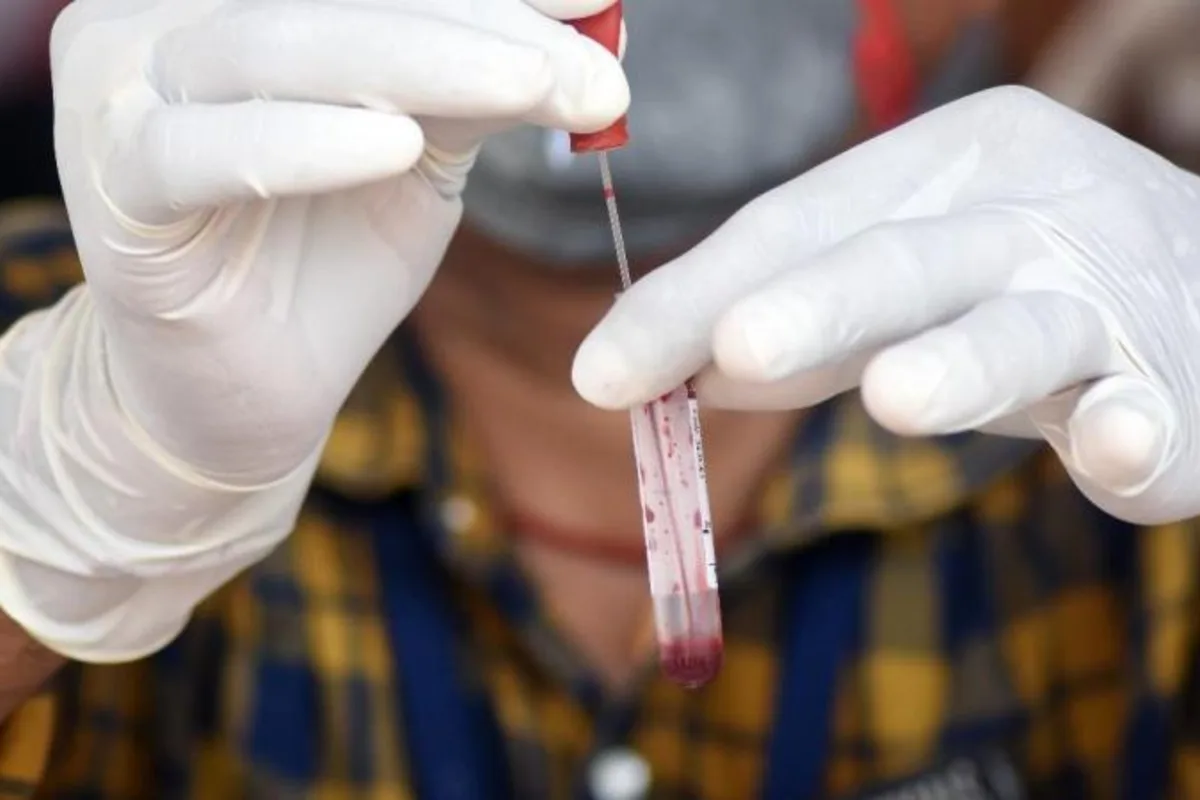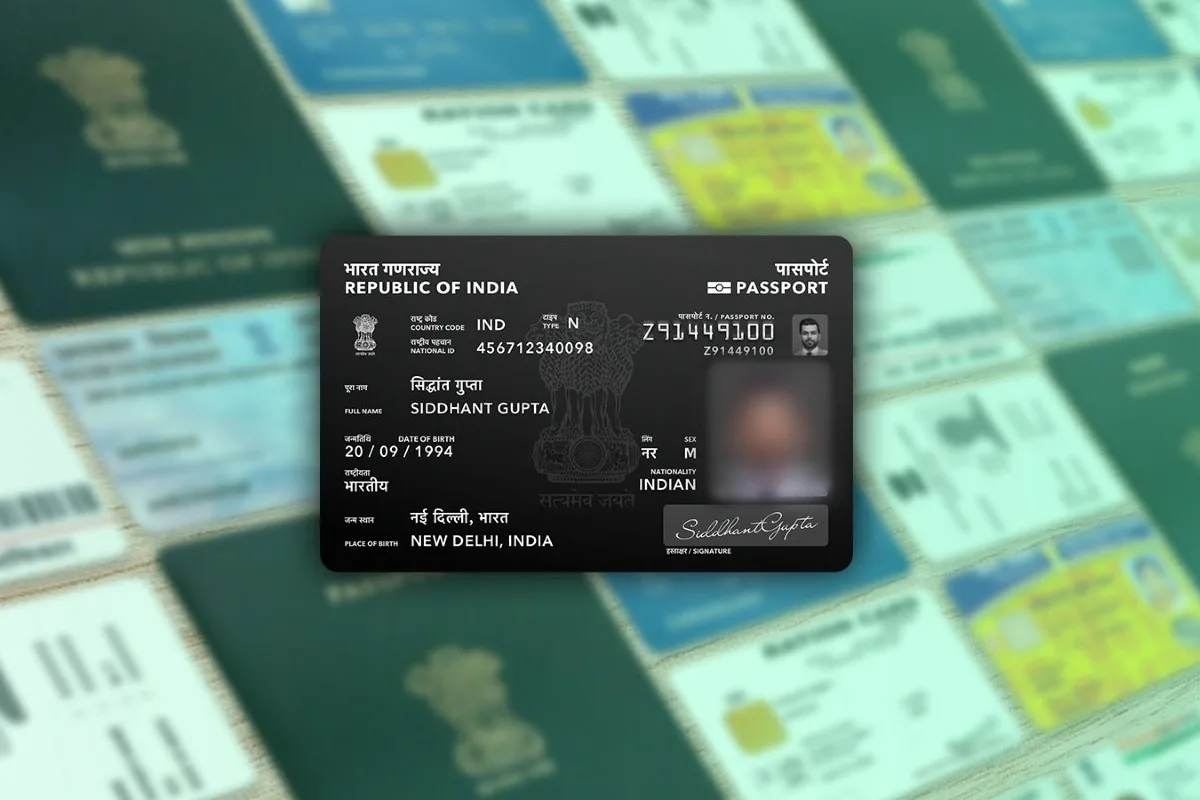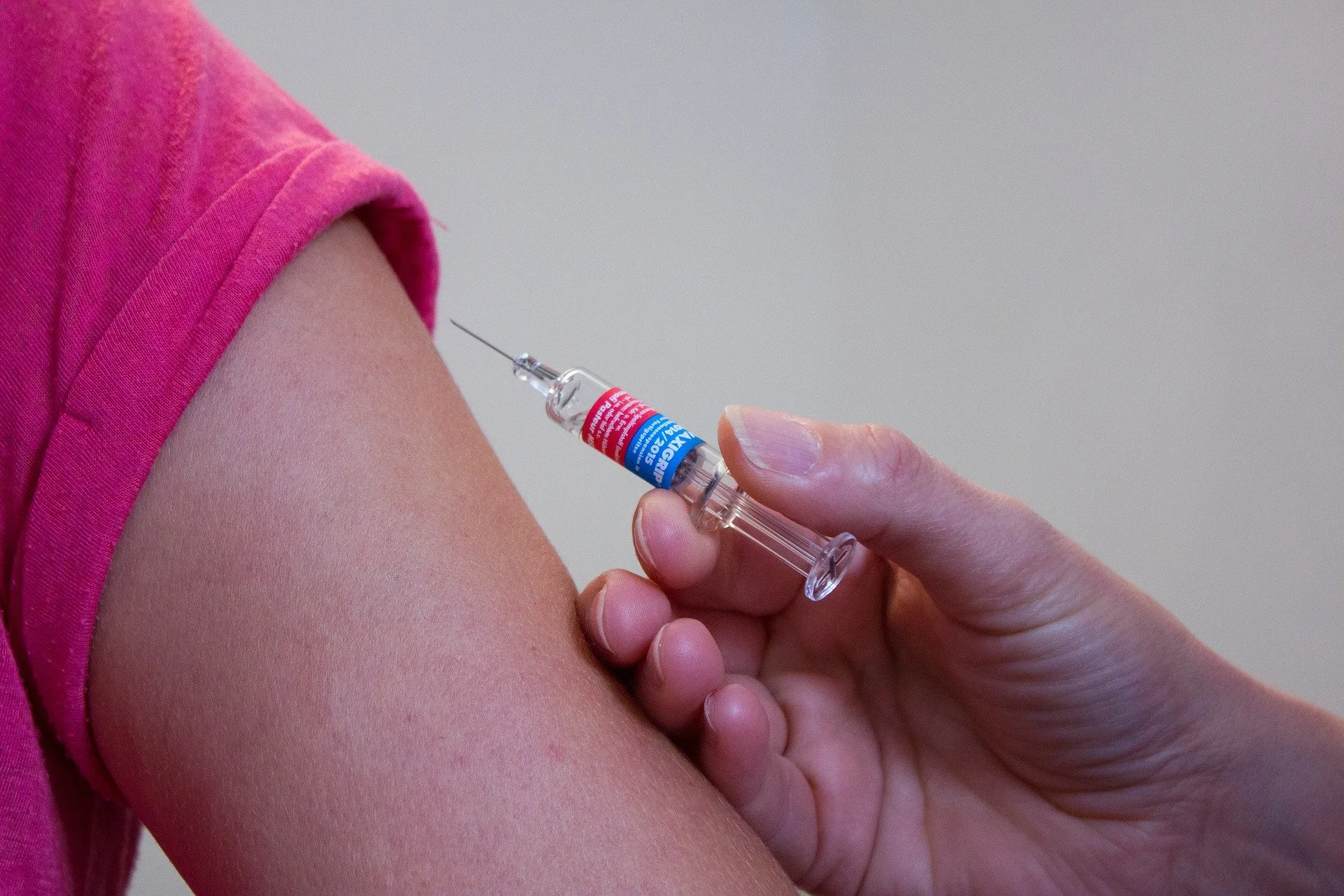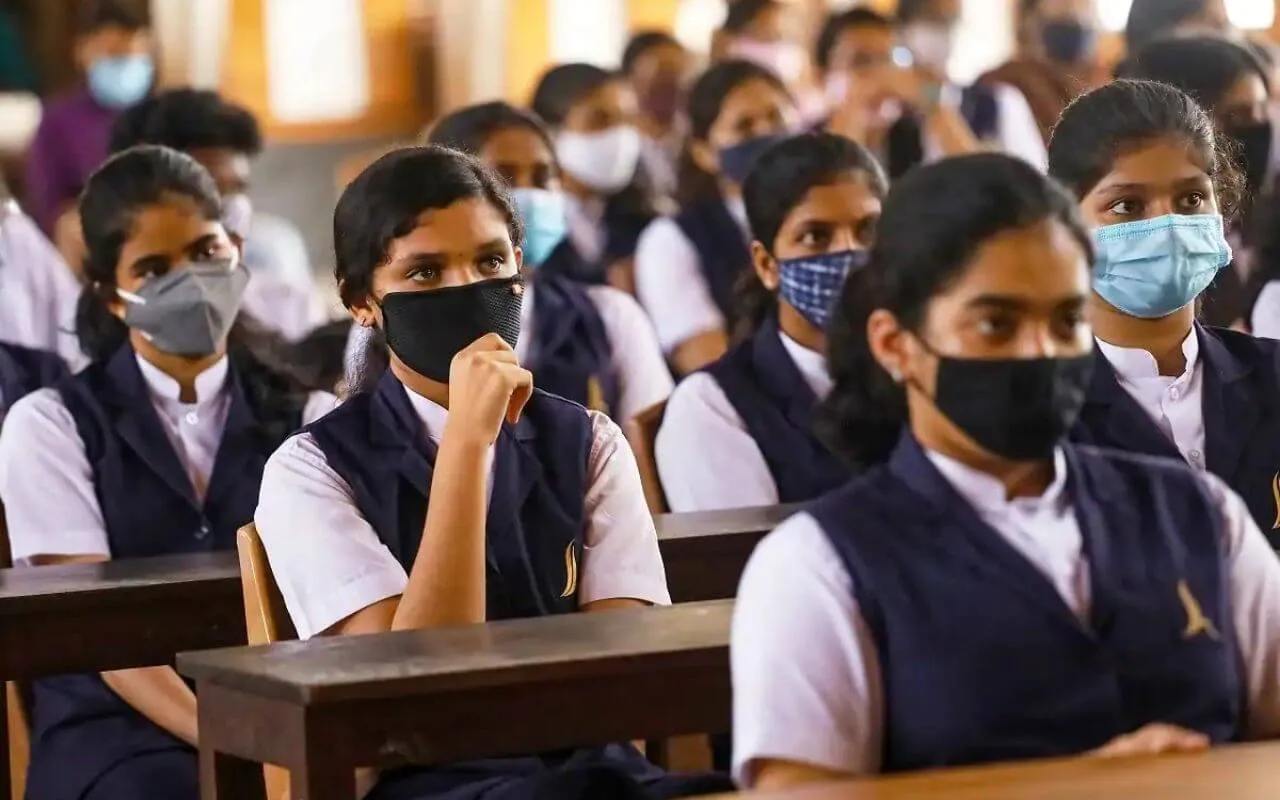According to the new study, the virus causing the Covid-19 infection can survive for almost 28 days on surfaces such as mobile phone screens, banknotes, and stainless steel railings, this makes the people more vulnerable to Covid infection.
This was revealed from a study conducted by an Australian national science agency, and its new findings suggest that the virus can last for a much longer time than what we initially thought.
The study at the biosecurity laboratory showed that the SARS-CoV-2 is very robust, and could survive for 28 days smoothly on glass surfaces such as mobile phones and also banknotes at room temperature, or 20 degrees Celsius.
However, under UV light, the experiment has found that the virus doesn’t survive long.
Although, the most likely cause of transmission of the virus is when infected people cough, talk or sneeze, researchers have expressed their doubt on the actual scale of transmission of the virus through surfaces.
“Our results show that SARS-CoV-2 can remain infectious on surfaces for long periods of time, reinforcing the need for good practices such as regular hand washing and cleaning surfaces,” the Australian centre’s deputy director said.
There is also evidence that the virus can spread through particles suspended in the air. According to the US Centres for Disease Control, touching infected surfaces is also a possible way for someone to contract the virus, but it is much less common, they say.
Many studies currently are underway across the world to study the coronavirus infection. Previously, it was pointed out that the virus could survive for two to three days on surfaces such as glass and currency notes, and almost up to six days on plastic and stainless steel.
But the new Australian study shows that the virus is ‘extremely robust’ and could survive for 28 days on smooth surfaces at room temperature and also in the dark. The virus is said to have survived for a far lesser time in hotter temperatures. At 40 degrees Celsius, the virus stopped being infectious within 24 hours.
The study was published today in the Virology Journal and its findings only add evidence that the virus can survive for a way longer time during cooler conditions. And with the winter season approaching in India, many believe that it may pose serious challenges to control the coronavirus cases.
The persistence of the virus on glass surfaces makes it a larger concern, as from mobile phone screens to ATM machines, to many check-out and other services make use of glass surfaces and these are very high-touch surfaces and may not always be regularly cleaned.
The virus, according to the study, is also said to have stayed longer on smooth and non-porous surfaces, rather than porous surfaces.
There are however varying studies, with some even saying that the possibility of the virus surviving for days on surfaces is not possible. The larger, most important practice though continues to remain is that hands and surfaces must be regularly cleaned, and regular sanitization must be followed.













